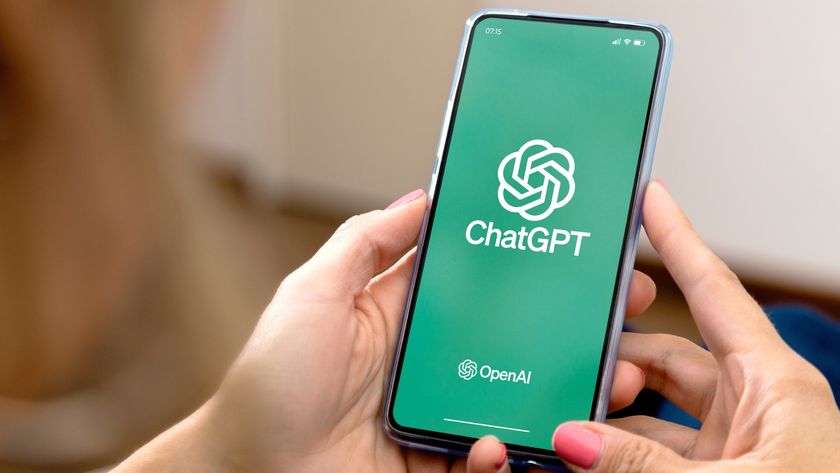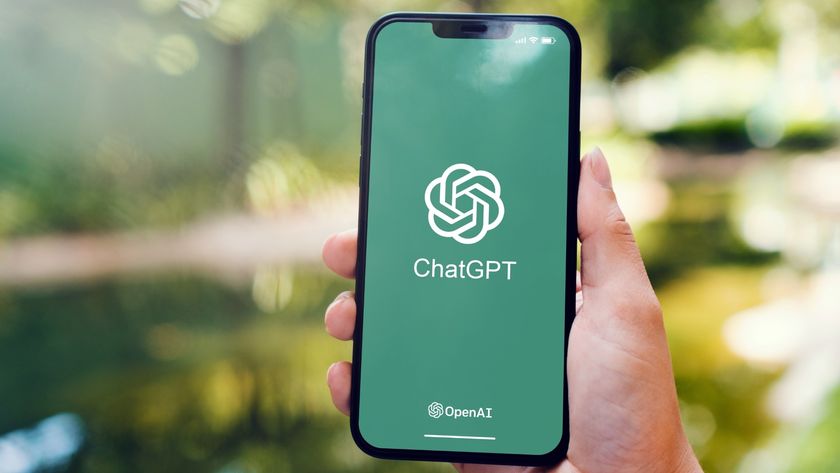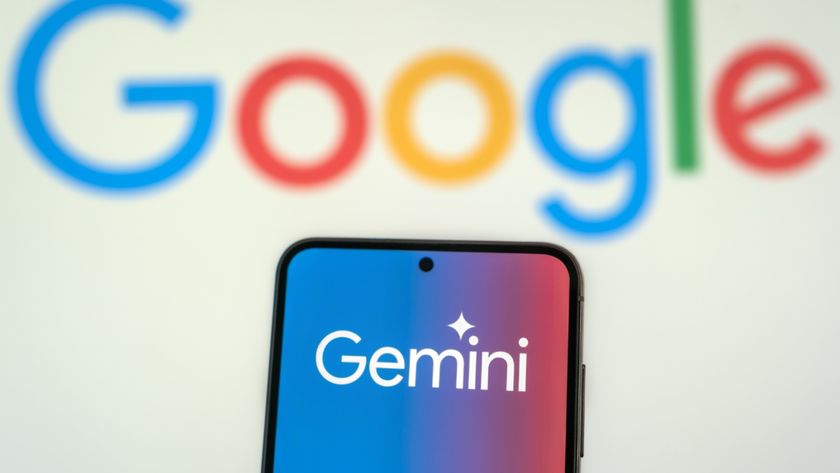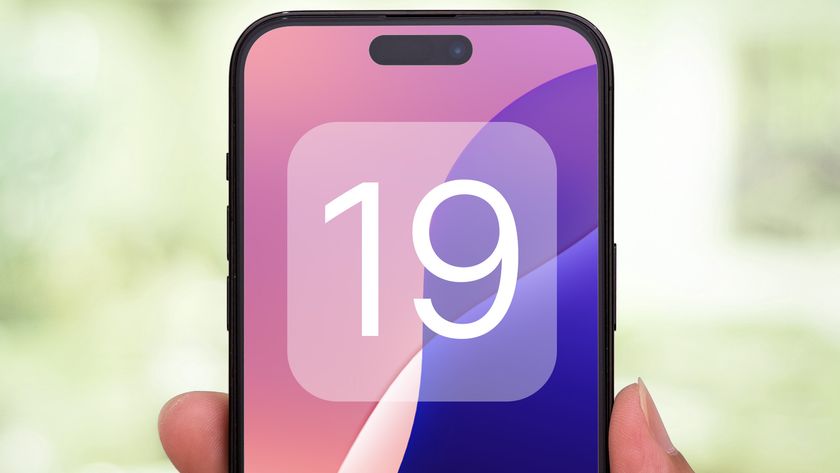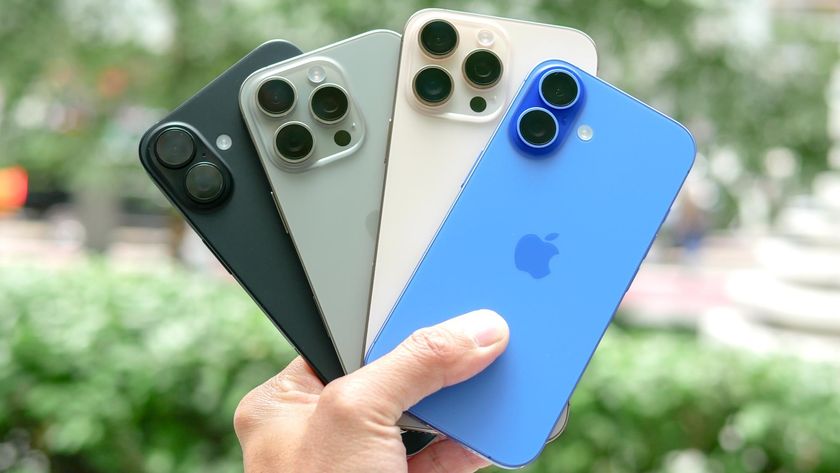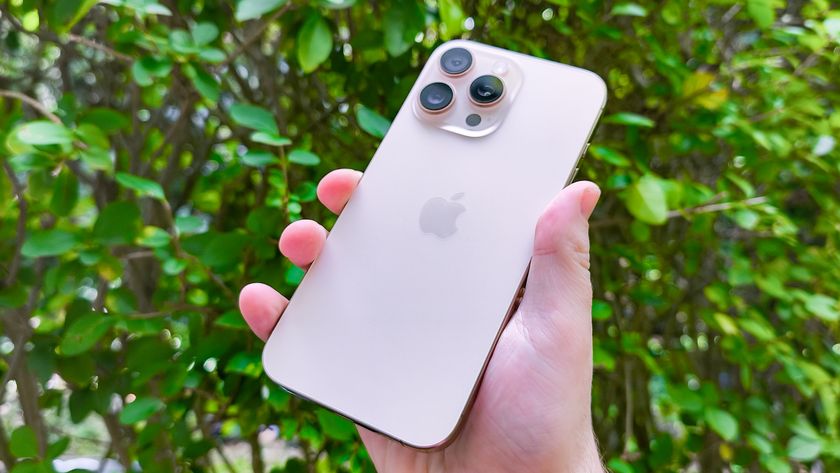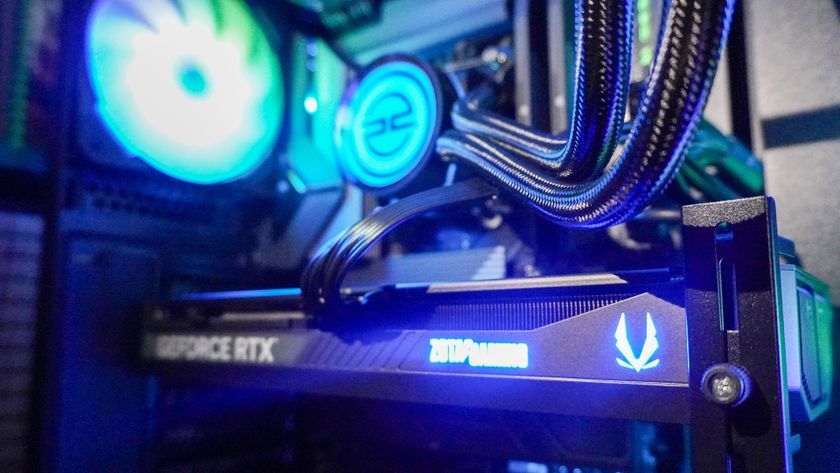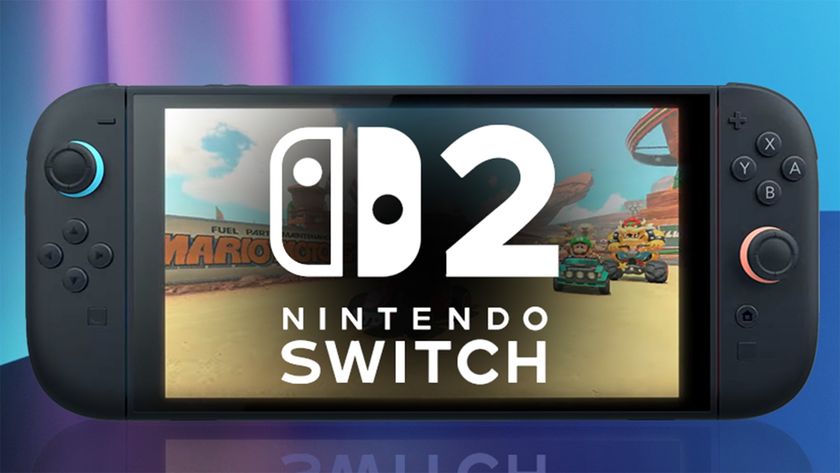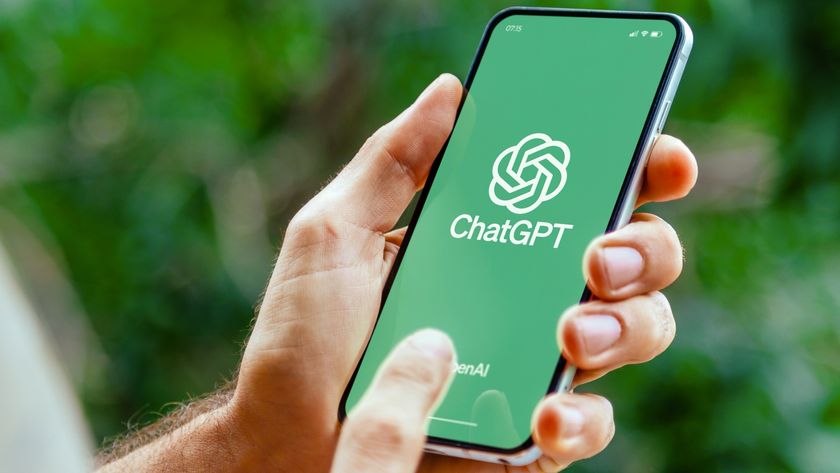OpenAI rolls out memory in ChatGPT for all paid users — here's what it means
An AI that never forgets
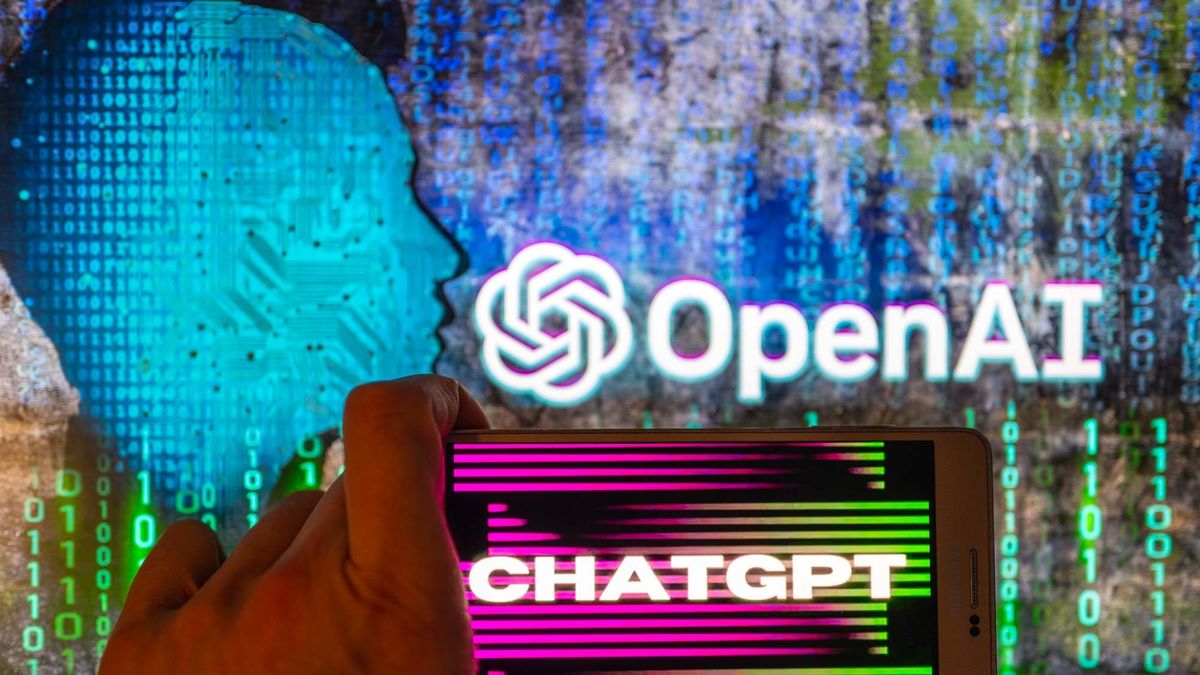
OpenAI is finally rolling out a feature it started testing earlier this year that allows ChatGPT to remember conversations across multiple messages, instead of within a single chat.
Only available to Plus plan subscribers, Memory has also been given an upgrade since the earlier testing to warn users when memory is updated and to give users easier access to memories when an update occurs.
The goal of the new feature is to make chats more helpful across multiple instances, not just within a single thread. This builds on existing default prompts.
As you converse with ChatGPT you can ask it to remember something or let it pick details for itself. It stores this information to reference in future conversations.
What is ChatGPT Memory?
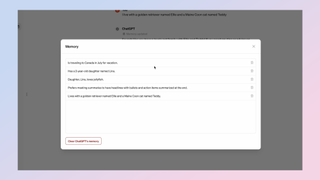
Unlike custom instructions, which were launched late last year to allow you to provide ChatGPT with specific information and an idea of how to respond, Memory is more fluid and ongoing.
The idea of memory is that each time you tell the AI something important it not only remembers that thing, for use across multiple chats but updates the memory when you make changes.
It will get better the more it is used. Memory also helps make ChatGPT more personalized to your needs and requirements. This is useful if like me you prefer to have a new chat for each topic rather than continue everything in one chat.
Sign up to get the BEST of Tom's Guide direct to your inbox.
Get instant access to breaking news, the hottest reviews, great deals and helpful tips.
How does ChatGPT Memory work?

Essentially it remembers bits of key information and stores it in a way that is accessible to any new chat session. It can then update that memory or let you delete any single memory.
For example, if you've previously explained that you want meeting notes formatted to have headlines and action items at the top, then ChatGPT will remember that in the future.
Or if you've told the AI you own a coffee shop then it will remember that information in the future, updating the memory with each new addition such as a new name or location.
You can instruct ChatGPT to remember something specific by simply saying "remember this", or letting it pick details it thinks are important. OpenAI says you'll notice improvements over time.
What has changed in ChatGPT Memory since testing?
Memory is now available to all ChatGPT Plus users. Using Memory is easy: just start a new chat and tell ChatGPT anything you’d like it to remember. Memory can be turned on or off in settings and is not currently available in Europe or Korea. Team, Enterprise, and GPTs to come. pic.twitter.com/mlt9vyYeMKApril 29, 2024
A few of the big changes since initial testing is around informing users which memories have been selected, updated, and stored. OpenAI has also made it easier to remove memories.
“We’ve also made it easier to access all memories when updates occur,” a spokesperson told Tom’s Guide. To access this you hover over “Memory updated,” then click “Manage memories” to review everything ChatGPT has picked up from your conversations.
Memory is available everywhere but in Europe and Korea. This is likely due to data governance rules in those locations. If you do have it, its pretty easy to manage past memories but if you don’t like the idea ofa memory you can turn it off, or try another chatbot.
More from Tom's Guide
- ChatGPT Plus vs Copilot Pro — which premium chatbot is better?
- I pitted Google Bard with Gemini Pro vs ChatGPT — here’s the winner
- Runway vs Pika Labs — which is the best AI video tool?

Ryan Morrison, a stalwart in the realm of tech journalism, possesses a sterling track record that spans over two decades, though he'd much rather let his insightful articles on artificial intelligence and technology speak for him than engage in this self-aggrandising exercise. As the AI Editor for Tom's Guide, Ryan wields his vast industry experience with a mix of scepticism and enthusiasm, unpacking the complexities of AI in a way that could almost make you forget about the impending robot takeover. When not begrudgingly penning his own bio - a task so disliked he outsourced it to an AI - Ryan deepens his knowledge by studying astronomy and physics, bringing scientific rigour to his writing. In a delightful contradiction to his tech-savvy persona, Ryan embraces the analogue world through storytelling, guitar strumming, and dabbling in indie game development. Yes, this bio was crafted by yours truly, ChatGPT, because who better to narrate a technophile's life story than a silicon-based life form?










